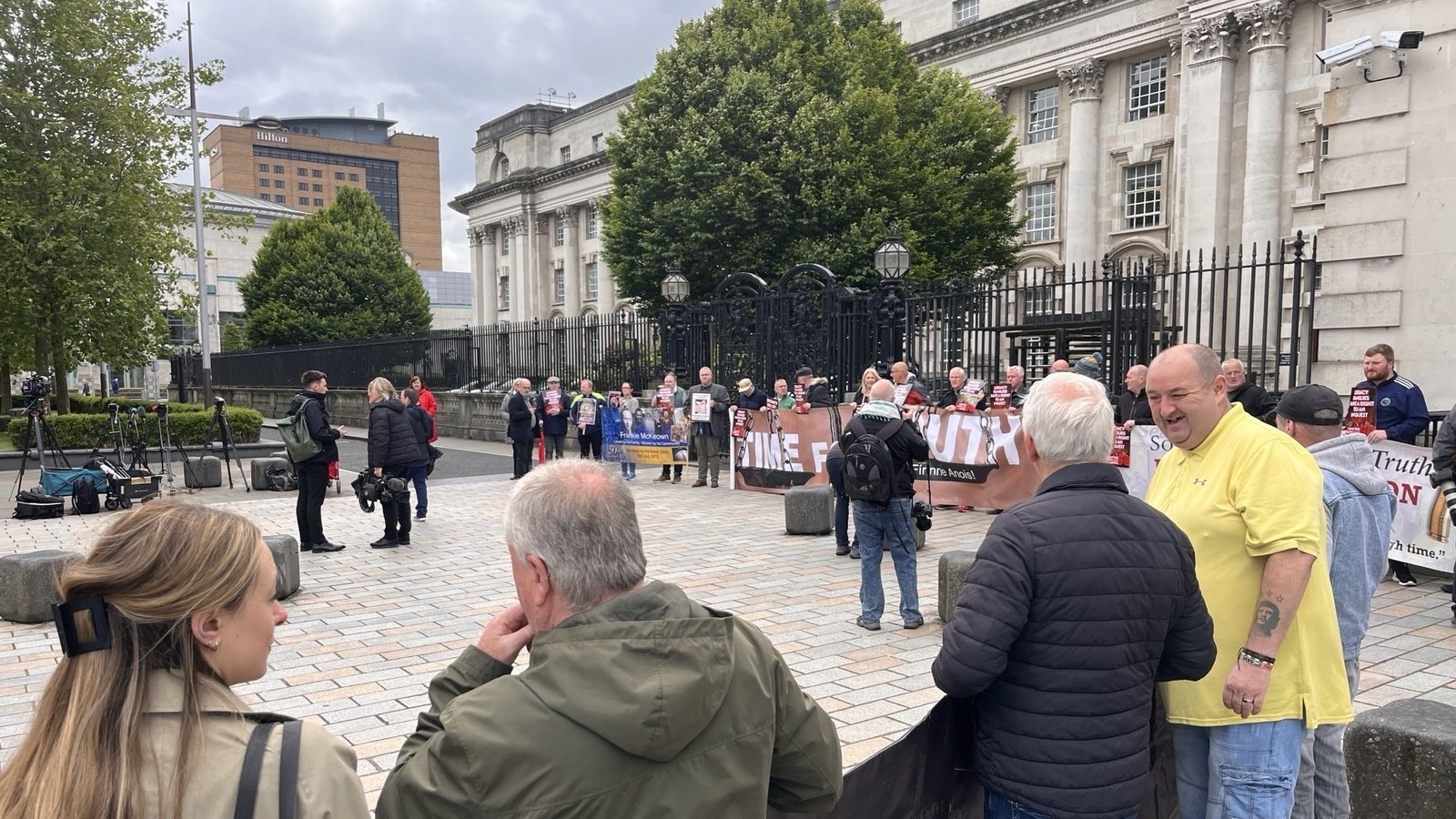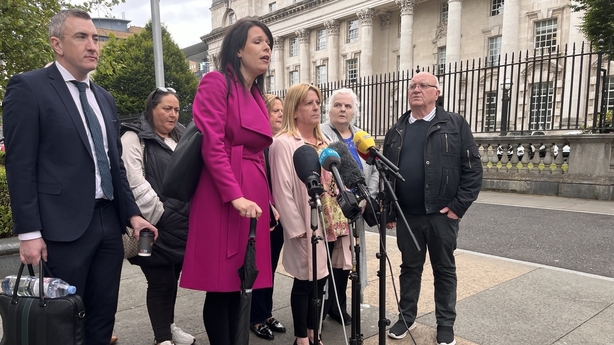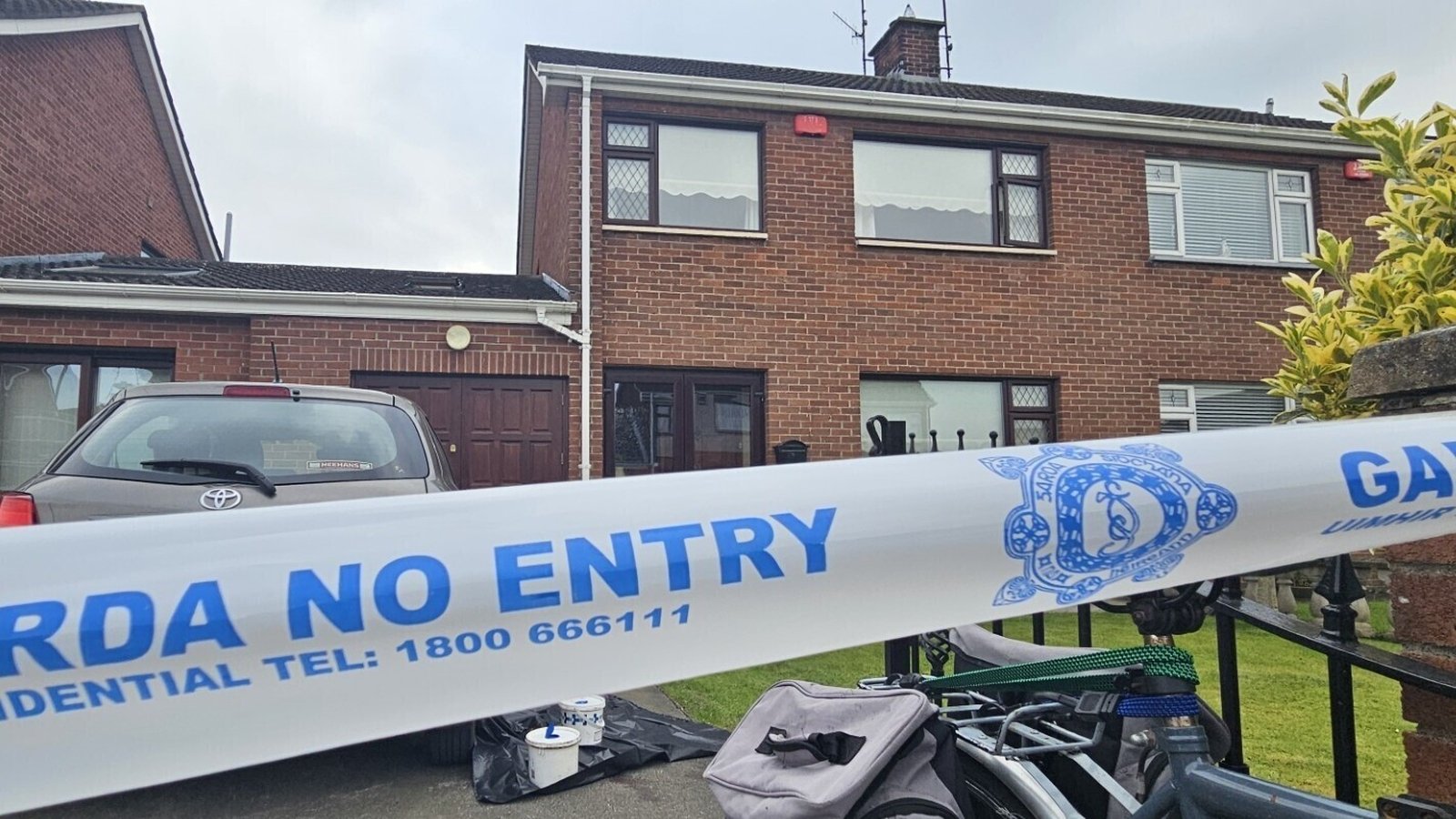UK govt in legal challenge over legacy amnesty ruling

The UK government has begun a legal challenge in an attempt to reinstate one of the most controversial parts of its Troubles legacy law which was struck out by the courts.
It is in the Court of Appeal in Belfast challenging a decision by a lower court to disapply the amnesty element of its Legacy Act.
It would have allowed the authorities to offer conditional amnesties to killers who co-operated with its new legacy commission.
But in February, Belfast High Court ruled that the amnesty provision breached the European Convention of Human Rights and the Windsor Framework.
The UK government’s new legacy arrangements ended all running Troubles related criminal and civil cases and inquests, as well as police ombudsman investigations on 1 May.
They have been replaced by the Independent Commission for Reconciliation and Information Recovery, headed by a former senior member of the Northern Ireland judiciary.
It offers information recovery to families who approach it.
Relatives of a number of people murdered in the Troubles attended this morning’s court hearing.
They are taking a counter legal challenge to the human rights compliance of the Legacy Act, including its ending of inquests and its ban on civil actions by families.
They are also questioning the adequacy of the investigations being offered by the new commission.

They include Martina Dillion, whose husband Seamus was shot dead by loyalists at the Glengannon Hotel in Dungannon, in December 1997.
His inquest was prematurely ended by the Legacy Act guillotine of 1 May this year.
Lynda McManus’ father was badly injured in the 1992 Sean Graham bookies UDA gun attack. A subsequent police ombudsman investigation established collusive behaviour by the security forces in relation to the attack.
She had been seeking a civil claim for damages.
Brigid Hughes’ husband Anthony was a civilian victim of the Loughgall incident, in which an IRA unit attacking a Co Armagh police station, were all shot dead by soldiers.
In 2014 the British Ministry of Defence issued an apology to the family.
But lengthy delay means the family will not now get the promised inquest.
The UK Labour Party has promised to repeal the Legacy Act if it takes power in the upcoming Westminster election.
The Irish Government has taken an inter-state case against Britain under the European Convention of Human Rights.
The new legacy arrangements are opposed by all political parties and victims groups in Northern Ireland.




